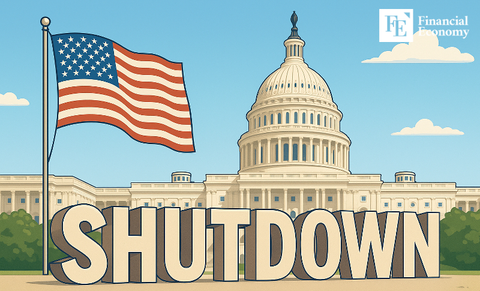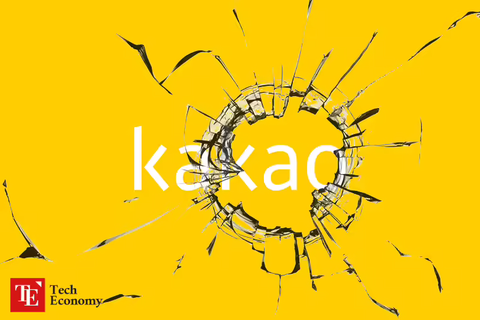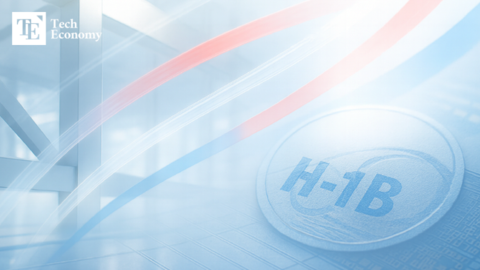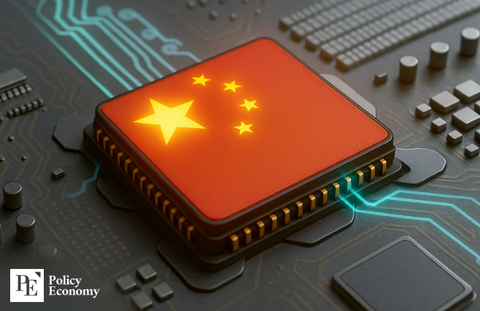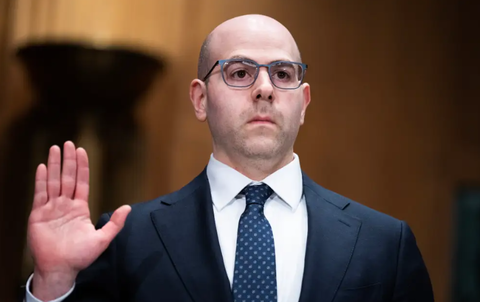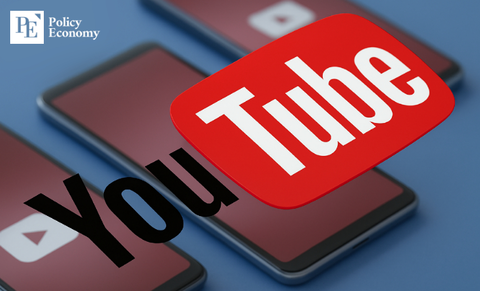AI Startup Perplexity Sends $34.5 Billion Offer Letter to Google for Chrome Acquisition
Input
Modified
Court Considers Chrome Divestiture to Address Google’s Search Monopoly Perplexity Formalizes Acquisition Intent First Revealed in April Court Testimony OpenAI and Yahoo: “Chrome Is a Strategic Player, We’re Interested in Acquiring It”
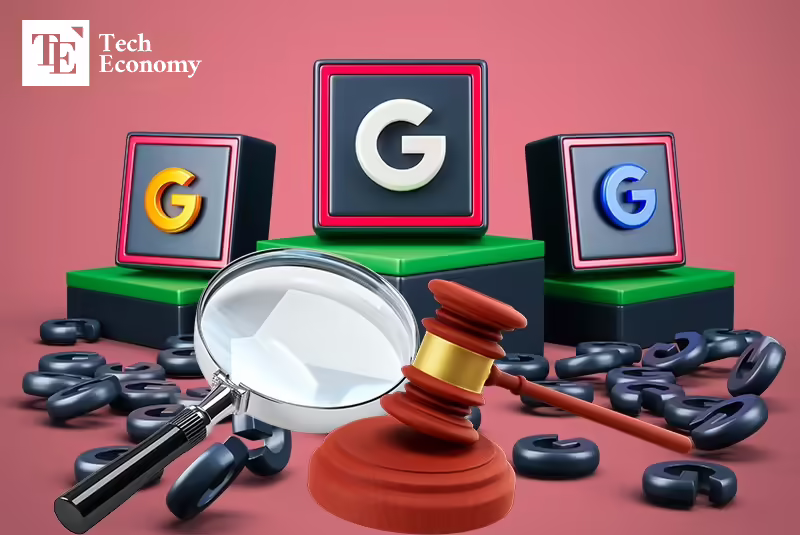
U.S. artificial intelligence startup Perplexity has formally conveyed its intent to acquire the Chrome browser by sending a letter to Google. Building on a statement of interest made in court this April, the company has now unveiled a $34.5 billion financing plan to underscore its determination. OpenAI and Yahoo have also expressed interest in acquiring Chrome, intensifying the competition. Google, however, maintains that no other company could operate Chrome effectively if it were divested, arguing that forced separation could harm a large segment of consumers.
Acquisition Proposal Exceeding Perplexity’s Own Valuation
According to the Wall Street Journal (WSJ) on the 12th (local time), Perplexity CEO Aravind Srinivas sent a letter to Google CEO Sundar Pichai stating, “If the U.S. Department of Justice compels Google to sell Chrome, we would like to acquire it.” He described the proposal as “placing Chrome in the hands of a capable and independent operator to establish the highest standard of public-interest-aligned antitrust remedies.” WSJ interpreted this as a strategic move to demonstrate to the Justice Department that willing acquirers exist.
In August last year, a U.S. federal court ruled that Google had strengthened its search monopoly by signing exclusive distribution agreements with mobile device manufacturers, telecom carriers, and others, suggesting divestiture of Chrome among possible remedies. Since April this year, follow-up hearings have been held to determine the final remedial measures, with the court’s decision pending. Given Google’s search market share nearing 90%, industry observers see a high likelihood of the company being compelled to alter its business practices or divest certain operations.
Founded just three years ago, Perplexity had cash reserves of $850 million at the end of last year and is valued at around $18 billion. Chrome’s current estimated value ranges between $20 billion and $50 billion, and Perplexity has reportedly offered Google $34.5 billion for the asset. This far exceeds Perplexity’s own valuation, making a solo financing effort unrealistic. The company says it has secured full backing from multiple investors, including major venture capital funds, to finance the transaction.
In April’s follow-up trial, Perplexity’s Chief Business Officer Dmitry Shevelenko first expressed the company’s interest in acquiring Chrome. In the same session, OpenAI and Yahoo also revealed acquisition interest. Nick Turley, OpenAI’s Head of ChatGPT, said, “If ChatGPT were integrated into Chrome, it could deliver a new AI experience to users.” Brian Provost, Yahoo’s Head of Search, described Chrome as “the most important strategic player on the web” and said the company would pursue an acquisition in partnership with Apollo Global Management if it came to market.
Google “Divestiture Would Render Chrome Unmanageable”
Despite the Justice Department’s stance, Google remains firmly opposed to selling Chrome. In April, Parisa Tabriz, Google’s Vice President for Chrome, testified in the remedial hearings that “Google is the only company capable of operating Chrome at its current level,” adding that the browser is the product of 17 years of collaboration across all of Google’s divisions and development teams—an unprecedented feat. She also noted that certain features, such as Safe Browsing mode or alerts for compromised passwords, depend on Google’s infrastructure rather than Chrome alone.
That day, Google emphasized the operational challenges of divesting Chrome, warning that forced separation would harm consumers. However, Harvard University Professor James Mickens, testifying for the Justice Department, countered that Chrome is based on the open-source Chromium platform, supported not only by Google but also by Meta, Microsoft, and Linux, meaning there would be no barrier to technology transfer or continued operation. Tabriz responded that Google contributes over 90% of the Chromium codebase, investing heavily in manpower and funding, while other contributions are minimal.
Google also highlighted its willingness to open Chrome to third-party AI integration. “We have worked to integrate other companies’ AI technologies into Chrome, such as extensions from OpenAI or Perplexity,” the company said, pledging to add more advanced AI agent capabilities if it retained control. In December last year, Google unveiled “Project Mariner,” a Chrome-exclusive GUI agent, though it defended its choice to set its Gemini assistant as the default, citing industry precedent—similar to Microsoft embedding Bing and Copilot in Edge.
Google further argued that the issue extends to U.S. technological leadership. It warned that dismantling Google would undermine national security and the ability to counter strategic adversaries such as China. In a blog post, Google Vice President of Regulatory Affairs Leeann Mulholland wrote, “The DOJ’s proposal to dismantle Google would hinder our ability to innovate in AI and invite government interference in the design and development of our products.” She stressed that Google is “locked in fierce competition with China for next-generation technology leadership” and is “at the forefront of delivering scientific and technological breakthroughs for American companies.”
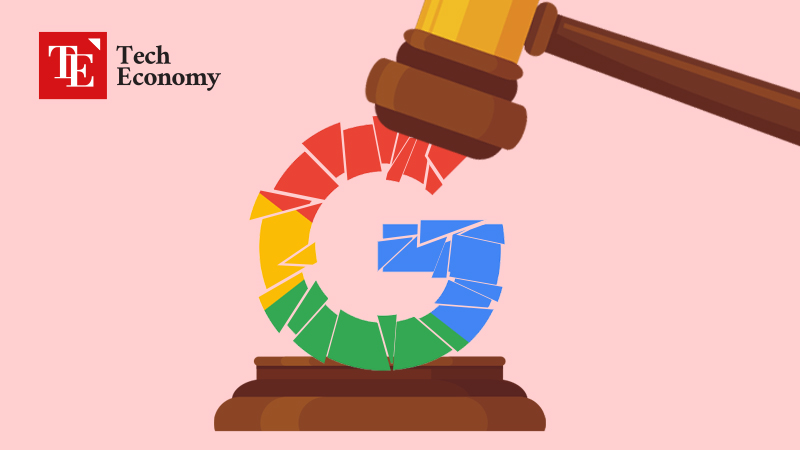
Trump “Opposed to Corporate Breakups in the Name of Antitrust”
President Donald Trump’s position could become a pivotal factor in the Chrome divestiture debate. During his first term, Trump maintained strained relations with Big Tech firms such as Meta, Amazon, and Apple, and supported tougher regulation. He repeatedly criticized Google, alleging that its search algorithms and news placements were politically biased. The current antitrust lawsuit that could lead to Google’s breakup was, in fact, filed in 2020 during his first term.
However, during last year’s presidential campaign, Trump shifted his stance, expressing opposition to breaking up companies under the banner of antitrust. At an event in Chicago last November, when asked about dismantling Google, he said, “Google has treated me badly, and I am not a fan of theirs,” but added, “Breaking up or dismantling a company destroys it.” He stressed, “You can make it fair without destroying it.”
Industry analysts attribute Trump’s recent caution on dismantling Google to business community frustration over what they saw as excessive regulation under former President Joe Biden. Reuters, citing U.S. legal experts, also reported that Trump may scrap his predecessor’s breakup plan. With control over the Justice Department, Trump could shift policy direction on the Google case depending on his personal stance.


